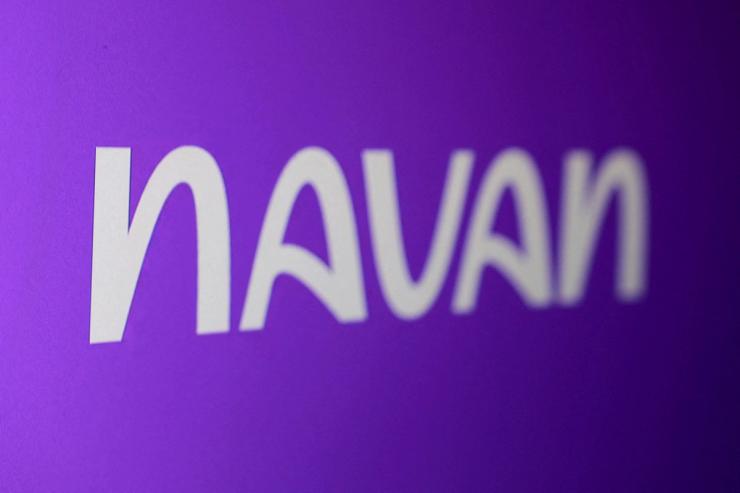The News
Since the US government shut down 30 days ago, no large company has dared to go public without a final all-clear from Washington’s furloughed regulators. That ends today.
AI-driven travel-and-expense platform Navan will debut on the Nasdaq Thursday, targeting a $6.2 billion valuation. That’s below its last private mark, but still one of the largest debuts of the year — and one of the gutsiest, testing uncharted regulatory waters.
The shutdown ground to a near-halt an IPO market that was just getting going, with Figma, Netskope, and Chime all seeing big pops. Companies can move ahead with IPOs as long as they don’t deviate from the terms that the Securities and Exchange Commission, pre-furlough, approved. They can’t respond to real-time demand by changing the price, which could limit how much money they raise and invite potential scrutiny once regulators are back on the job.
Other IPO-bound companies, including AI chipmaker Cerebras, have yanked their listings, opting to wait rather than risk the SEC coming back later with foot faults.
By going forward, Navan locked itself into selling 30 million shares at $25 apiece — no minor consideration, given the number of deals that have priced higher than their stated range this year (Figma surged 250% on its debut day).
“We have really good advisers,” Navan co-founder and CEO Ariel Cohen said in an interview. “It led to a really good discussion with the SEC, which paved the way — not just for us, for anyone who wants to be public in this market.”
“The question was: Are we ready as a company, and are we going to benefit from this, and do we see a major drawback? And the answer was: Let’s go.”
Know More
There’s two reasons for plowing ahead, Cohen and Navan co-founder Ilan Twig said. Big corporate customers — Navan already has Adobe, OpenAI and GE Healthcare — prefer publicly traded vendors held to market standards for transparency and accountability. Navan’s competitors, chiefly SAP Concur, have been listed for years.
And publicly traded stock is a valuable dealmaking chit. Navan is looking to expand its offerings beyond bread-and-butter expense management into corporate events and VIP travel. “To continue and push the innovation that we’ve been doing, we do see an advantage with the public market currency,” Cohen said. “Some we will do organically, but public market currency also gives us other opportunities.”
Cohen and Twig signalled that they plan to be choosy about targets. “We’ve used AI from pretty much day one — 2016 is when we deployed our first machine learning model to production,” Twig said. Finding founders and teams that culturally align with Navan — avoiding the “social issues” that plague many deals — is the trickiest part, Cohen said.


